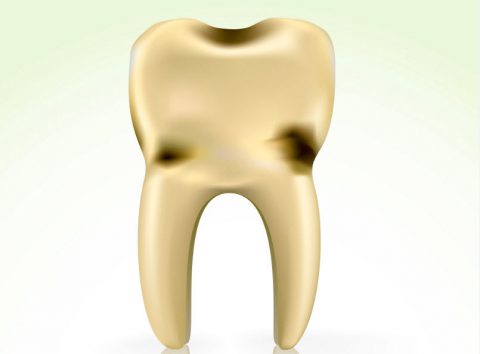April 30, 2019
Is it an old wives’ tale that sugar causes cavities? Is it just excuse parents use to scare children away from indulging in a bag of Halloween candy? Is it why dentists always give away extra toothbrushes and toothpaste this time of year?
As a parent, we want to make good choices for our kids, and maybe balance out all the no’s with a few yes’s every once in a while. So, when it comes to sugar especially the bags full of candy your kids will be getting from Halloween right through to Valentine’s Day, we want to help you understand the sugar/cavity connection.

What is a Cavity?
A cavity, also called dental caries, is a hole in a tooth where the tooth enamel has broken down due to decay. Decay is caused when plaque – a sticky bacteria that forms naturally in the digestive process – builds upon the tooth. When left for long periods of time, that plaque can cause decay, causing a cavity. Left untreated, a cavity can create a hole through the tooth and expose nerve endings creating significant pain. It can also create the need for a root canal or even result in tooth loss.

Does Sugar Cause Cavities?
No, sugar doesn’t cause cavities, bacteria cause cavities. But, sugar digestion does create bacteria, which, if not properly managed, will lead to not just cavities but also gum disease and may even result in tooth loss. Whenever we eat food, acids are created by our body to break down the food to assist in digestion. These acids demineralize our teeth. Thankfully, our teeth are re-mineralized by brushing our teeth, drinking fluoridated water, and even our own saliva. The bottom line? It’s ok to indulge in some sugary treats as long as proper care is taken to reduce the presence of bacteria that cause cavities.
Cavity Prevention
To prevent cavities, you don’t need to give up sugar, but you do need to stay on top of good oral care; especially after holidays like Halloween. For both kids and adults, the American Dental Association recommends brushing your teeth twice a day, flossing and rinsing with mouthwash daily, using sugar-free gum between meals, and seeing your dentist at least twice a year.
Encouraging children to eat less candy can help prevent cavities but also has other health benefits. Establishing good dental health practices in kids is a proactive way to help reduce future health concerns, including improved heart health, lower risk of diabetes, cancer, stroke, and more. In fact, you can read about the benefits of good oral hygiene here.

